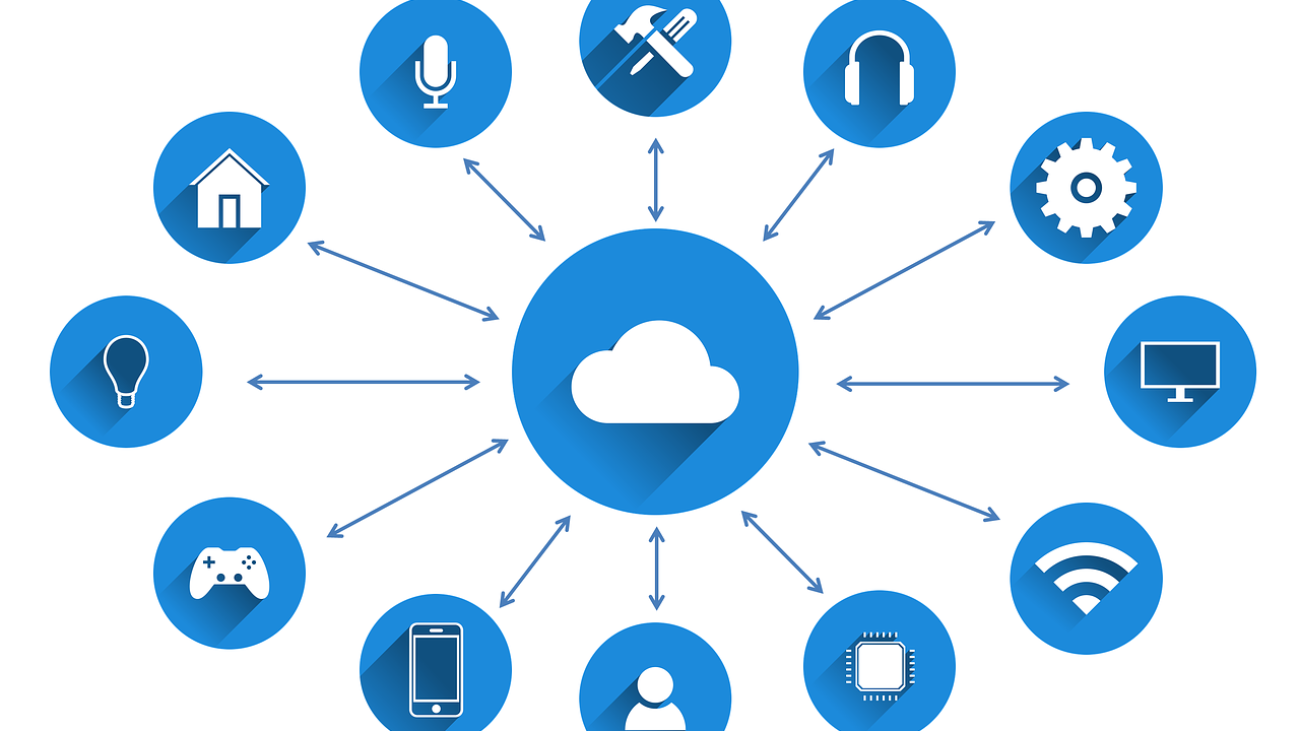In the era of technological advancements, one term that has gained significant attention is the Internet of Things (IoT). The IoT refers to the interconnected network of physical devices, vehicles, appliances, and other objects embedded with sensors, software, and connectivity, enabling them to collect and exchange data. This transformative technology has the potential to revolutionize various aspects of our lives and reshape industries. In this article, we will explore the fascinating world of IoT, its applications, and the impact it has on our society.
Connecting the Unconnected
One of the primary goals of IoT is to connect previously unconnected objects, enabling them to communicate, share data, and perform intelligent actions. This connectivity creates a vast network of devices that work together seamlessly, forming a digital ecosystem capable of enhancing efficiency, productivity, and convenience.
Smart Homes and Cities
IoT is rapidly transforming our living spaces. Smart home devices such as thermostats, security systems, lighting controls, and voice assistants enable homeowners to control and automate various aspects of their homes remotely. This technology not only enhances comfort and convenience but also promotes energy efficiency and cost savings.
IoT’s impact extends beyond individual homes. Smart cities leverage IoT to improve the quality of life for citizens. Intelligent transportation systems, smart grids, waste management solutions, and environmental monitoring are just a few examples of how IoT enables cities to become more sustainable, efficient, and responsive to the needs of their residents.
Industry 4.0 and Manufacturing
IoT is a driving force behind Industry 4.0, the fourth industrial revolution characterized by the integration of digital technologies into manufacturing processes. Connected sensors and devices in factories collect real-time data, enabling predictive maintenance, optimizing supply chains, improving production efficiency, and enhancing overall operational effectiveness. IoT-enabled smart factories empower businesses to streamline operations, reduce costs, and deliver higher quality products.
Healthcare and Wearable Devices
IoT has immense potential in the healthcare sector. Wearable devices equipped with sensors can continuously monitor vital signs, track fitness levels, and provide valuable health insights. This technology allows for remote patient monitoring, early detection of health issues, and personalized healthcare solutions. IoT-enabled medical devices enhance patient care, promote preventive medicine, and facilitate telemedicine, especially in underserved areas.
Transportation and Logistics
The transportation and logistics industry benefits greatly from IoT applications. Connected vehicles enable real-time tracking of shipments, optimize route planning, and enhance driver safety through advanced driver assistance systems. IoT-powered fleet management systems improve operational efficiency, reduce fuel consumption, and minimize downtime, resulting in cost savings and improved customer service.
Security and Privacy Considerations
While the IoT offers numerous benefits, it also presents challenges, particularly regarding security and privacy. With billions of interconnected devices exchanging data, safeguarding information and protecting against cyber threats become paramount. Stricter security measures, robust encryption, and increased user awareness are essential to ensure the integrity and privacy of IoT ecosystems.
The Future of IoT
As IoT continues to evolve, its potential applications are limitless. From smart agriculture and environmental monitoring to immersive augmented reality experiences, IoT has the power to transform industries, enhance everyday life, and create new opportunities.
Embracing IoT requires collaboration among various stakeholders, including technology providers, businesses, governments, and consumers. Together, we can harness the power of IoT to build a more connected, efficient, and sustainable future.

